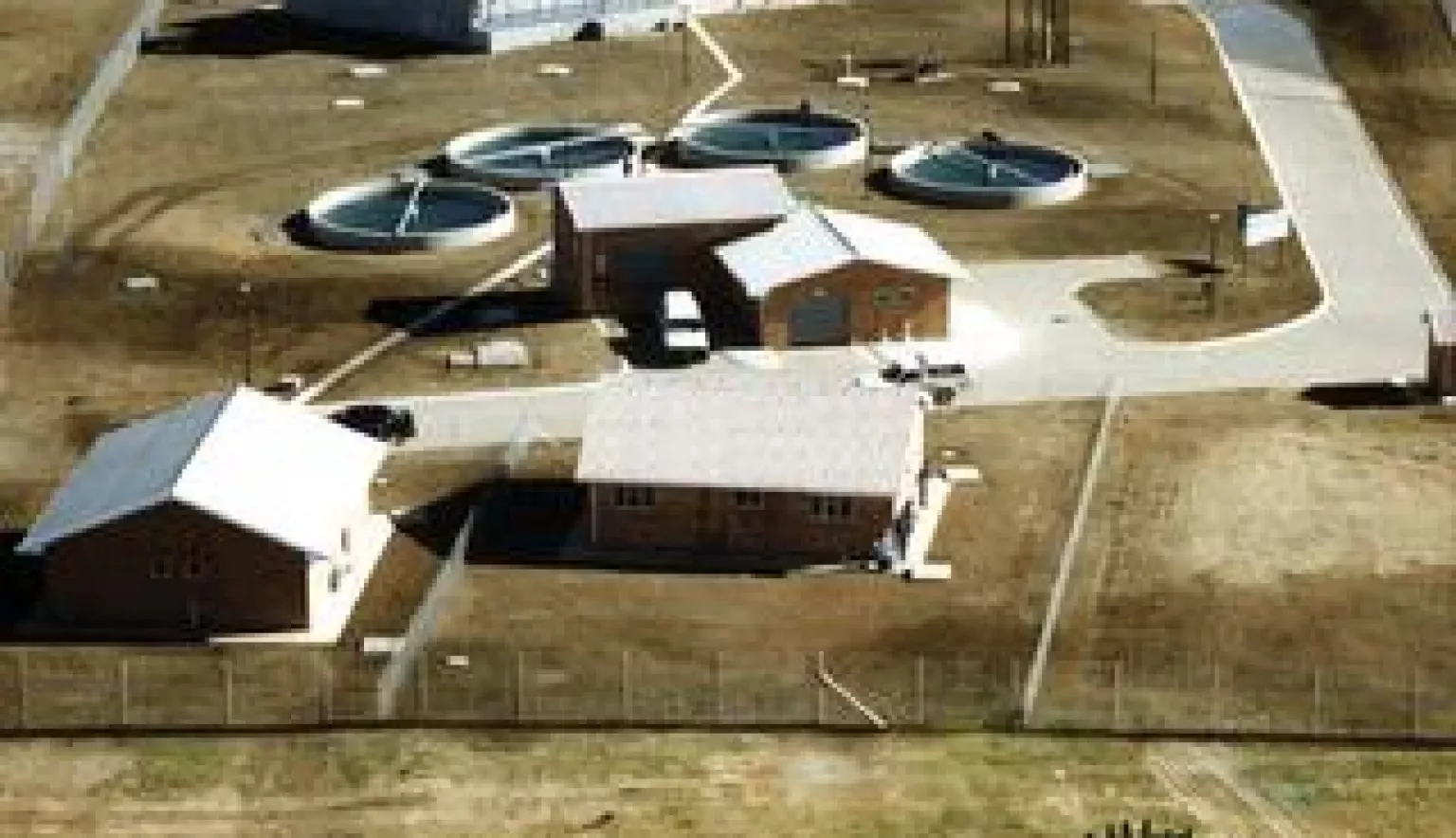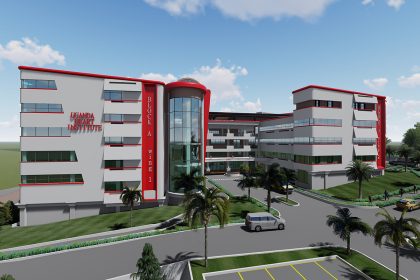Amanz’ abantu Services was established as a private South African company in 1997 with the aim of providing water supply and sanitation services for peri-urban and rural populations in the Eastern Cape, one of the poorest regions of South Africa.
WATER FOR THE PEOPLE
Life without clean water and sanitation is hard to imagine for most city dwellers however that’s the harsh reality for many in South Africa’s peri-urban and rural areas – and the situation needs fixing urgently.
One company, Amanz’ abantu Services (Pty) Ltd (the name means water for the people in Xhosa) has made its mark in this often-forgotten sector.
Based in South Africa’s Eastern Cape, the company was formed after the 1994 elections when the newly democratic South Africa re-incorporated former ‘homelands’ like the transkei and Ciskei under one umbrella – and took on the provision of their services too. The National Department of Water Affairs issued a challenge to the private sector to assist them in rolling out – on a turnkey approach – the then Reconstruction and Development Programme.
Oliver Ive, Managing Director of Amanz’ abantu, says the company grew out of “five or six large, well-established firms who came together with the objective of implementing a turnkey rollout for water services for the rural poor.”
And it’s kept going – even beyond the initial period governed by a government contract, which Mr. Ive feels has given the firm “a certain character”.
“We had to go out there and find opportunities. We have kept in the same or similar market place of water services provision, although we have expanded to look more holistically at human settlements – but it’s always a developmental focus that we’ve had,” he says.
While the company has worked outside the Eastern Cape, it still finds most of its work there, which is an indictment on the conditions still facing the rural poor in the province. Ive is well aware of this. “a lot of people look at South Africa and say how well we are doing because we have got a First and third world combined, they don’t see that there is still a lot of poverty… we still have millions of people who don’t have access to basic services.”
He says while there has been major strides he has also seen “delays in getting the job done and people taking their eye off the ball.”
Amanz’ abantu Services is a private company responsible to its shareholders – two thirds of which are historically disadvantaged firms and individuals, but Ive often uses language that sounds like he might be working in the Non-governmental sector. While he’s clear that the company has to make a profit and keep its costs down, he’s also insistent that it works for the community. He stresses that cooperation is “imperative” for working in the rural areas and the involvement of the community is all-important. “It is better to be part of the process and know where the risks lie,” he says.
While the company is still very much involved in providing water and sanitation it is assisting with rolling out social housing. Ive says there has been failure in providing social housing on the part of the Government because they come out with “huge plans” and then find the service providers and contractors they have engaged don’t have the “necessary skills or capacity to carry out or finish the works.”
It’s something Amanz’ abantu takes very seriously and Ive stresses that what’s needed is “an established set of procedures and people who know how to do the work at the right quality.”
Indeed they took it so seriously that they created Impilo Yabantu (Hygiene for People) in 2009, a wholly owned subsidiary and water services franchising service. Ive says the idea is to “have it as a franchised business to employ or partner with small and emerging locally based businesses.”
Merely by identifying potential entrepreneurs, Impilo Yabantu helps to create its local partners and then gives
them a set of procedures to follow to run their business in the water sector. “We give them a packaged business and expect that they will work with us in collectively providing services to municipal and public clients. The idea is that we can create jobs with these small businesses and a network of these small businesses where we can offer our public service clients a well thought through and sustainable business format to meet their needs.”
Impilo Yabantu’s first major undertaking was the Butterworth Water and Sanitation Pilot Project to service 400 schools in the Butterworth educational district. Many of the Eastern Cape’s schools don’t even have toilets or their toilets and water systems don’t work. Made possible by funding from Irish Aid, the project designed and tested the social franchising partnership model to carry out the operation and maintenance of water and sanitation infrastructure and facilities.
This meant in effect that 400 schools had their sanitation facilities overhauled – and in some cases had toilets built for the first time. It was acclaimed a success and the Department of Education has already lauded its possibilities in future projects.
Ive is unsure of Impilo’s exact future but says “let’s see how it goes” because there is a space and someone needs to fill it. “It’s creating business where there was none and moving into a space where there is an appalling lack of service,” he stresses.
There’s interest in the concept and the pilot project is being ‘extended out’ while other interested parties include the Departments of Health and Education and local municipalities.
And it’s also about maintenance, as Ive points out – often toilets are pit latrines or cess pits as there is no running water – so they have to be maintained over a long period of time in a sustainable manner. And because of health and environmental concerns about unregulated work, he feels it’s important to get the sector regulated. “We can work with small businesses and teach them what is right but the Government also needs to come to the party,” he says. “We need to come up with solutions that aren’t just small business and job-creation friendly but that can also be responsible in the way it’s done.”
There is potential for growth in this sector with the African Development Bank and the Bill and Melinda Gates’ Foundation ‘pumping money into research to see how things can be done better’.
Ironically for a private sector business, Ive is keen to see more competition in the water services sector because the sector and the market “need it to become good at what it does.”
While he is hopeful that things are moving he feels ideological constraints can get in the way, especially from those who view the private sector as simply profiteering and prefer Government to step in.
“I firmly believe that a private solution allows so many more things to happen on the ground.”
At present Amanz’ abantu is helping to build the Mndwaka Dam near Hole- In-The-Wall on the Transkei coast. Working with business partners, the project employs labour intensive methods using a rubble masonry concrete technology which involves carrying the rocks and placing the rocks by hand into a mortar bed. It’s quite a sizeable dam, with a 29m high centre arch wall and it will help to secure water for the wider area.
The point of adopting this labour intensive approach is to offer employment to local ‘unskilled’ people who might never have worked before – it’s a short-term solution but gives at least 150 people work for the duration of the project.
As Ive points out, there are answers to the difficulties of providing rural water services. “There is definitely a need for a locally-based operations business or network that can provide services. Why should people be paying extraordinary amounts of money for highly-trained people to travel from the cities when a lot of it could be done – because of its routine nature – by self-motivated local entrepreneurs?”
Many of those still waiting for sanitation or running water would no doubt agree…































